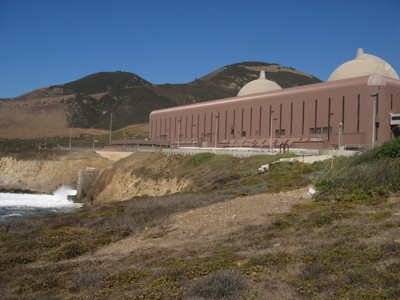California’s electrical power generators will be scrambling for new ways to cool their turbines, now that state regulators have ordered a phase-out of “once-through cooling.” The practice, which has been under study by regulators since at least 2005, requires sucking in billions of gallons of cold ocean or river water and then returning it at higher temperatures. Nineteen major power plants across the state, including California’s only two commercial nuclear plants, are currently using once-through cooling.

Prior to Tuesday’s vote by the Water Resources Control Board, the head of that body’s ocean unit testified that once-through cooling systems kill 2.6 million fish, 19 billion fish larvae and 57 seals, sea lions and sea turtles each year, Dow Jones reported.
According to the Board’s summary:
“The proposed policy establishes technology-based standards to implement federal Clean Water Act section 316(b) and reduce the harmful effects associated with cooling water intake structures on marine and estuarine life.”
The rules require that companies phase out the practice and install equipment that reduces impact on marine ecosystems within the next several years. Some generators have warned that the high cost of complying with the regulations could force them to shut some plants down.
For more on the practice of “once through cooling” and its effects on marine life, listen to Amy Standen’s Quest radio report from Monday.
